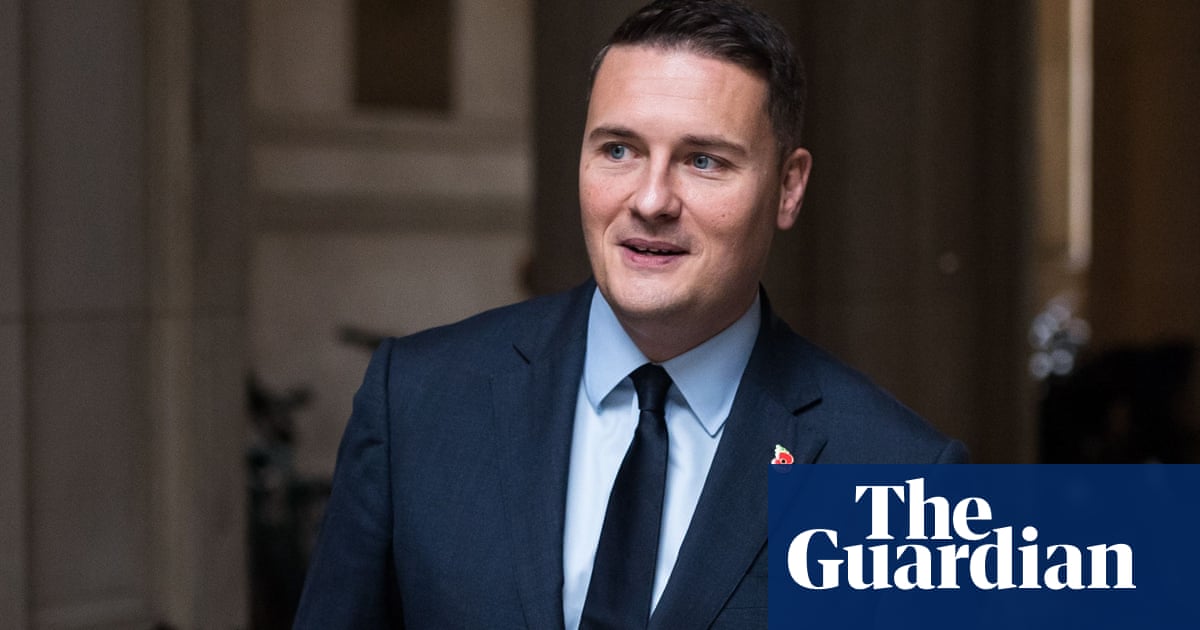Sitting at his wife’s bedside, Len was grateful she was in the care of end-of-life experts in her last days. In the softly lit, tranquil room, he could spend as much time with Adela as possible, staying overnight on a pull-out bed if he wanted to, while waiting for her inevitable release from cancer.
“We were told in July that chemo was no longer working and her life was now limited,” he said. At home, Adela had become “weaker and weaker”, unable to manage the stairs to the bathroom. Eventually, it was suggested she be admitted to St Joseph’s hospice in Hackney, east London.
Neither had been inside a hospice before. Despite the circumstances, Len was comfortable with their decision. “To be honest, it’s like being in the best private hospital,” he said. “She is getting the best care possible.”
The role of hospices such as St Joseph’s has become a key part of the debate on whether to legalise assisted dying. MPs will vote on a private member’s bill later this month. If it is passed, the bill will begin a lengthy process through parliament before it can become law.
It is a highly charged debate, with strong views on both sides and intensive lobbying of MPs – who will vote according to their conscience – by campaigners. One of the key arguments put forward by opponents is that the state should pump more funds into services that provide end-of-life care rather than sanction euthanasia. Some MPs have called for a commission on palliative care.
Supporters of assisted dying say people with terminal illnesses should be given a choice over when and how to die, and a change in the law should go hand in hand with greater investment in palliative care. It is not either-or, they say.
According to Hospice UK, about 300,000 people were provided with palliative and end-of-life care in the country’s 200-plus hospices in 2022-23. They cost £1.6bn a year to run, but only £500m comes from the government. The remaining £1.1bn is raised through donations, legacies, charity shops and other fundraising activities.
One in five hospices have been forced to cut services in the past year or are planning to do so, the charity said in July. Some are closing beds and making staff redundant.
Many see hospices as a place where people go to die. On the contrary, said Jane Naismith, the interim chief executive of St Joseph’s, they are “somewhere you go to live. Hospice care is life affirming. It’s about supporting people to achieve their goals for as long as possible.”
St Joseph’s, a 120-year-old Catholic institution, has 34 beds, all in individual rooms on two wards staffed by experts in end-of-life care. It also offers community care and day services, including a range of therapies, counselling and social activities in a bright and welcoming environment. Practical advice, for example on debt or benefits, and bereavement support are available.
“The idea that once you come through the doors of a hospice you never leave has faded,” said Zenab Ali, the day hospice manager. “We have people coming in one day a week, building a relationship with staff and becoming familiar with the hospice, long before they might need to be admitted.”
Naismith said: “We do care for people at the very end of their life but it’s a small part of what we do. Hospice care is provided in different locations – someone’s home, a hospital, a care home.”
Palliative care is about giving people support and information to help them through the end of life, she said. “High-quality palliative care undoubtedly should be available for all.”
But funding is a constant challenge. St Joseph’s, which covers some of the most deprived areas of east London, costs about £14m a year to run its free-of-charge services. Half has to be raised by the hospice itself.
Naismith said: “The state should be providing more funding for palliative care, no question. If maternity care was funded by charity shops and bake sales, what would people think? I struggle to see the difference.”
Hospice UK has taken a neutral stance on assisted dying, but says “everyone should be able to access high-quality palliative and end-of-life care, no matter who they are, where they are or why they are ill”.
A statement on St Joseph’s website says: “As a Catholic hospice, our position is that assisted dying plays no part in our specialist palliative care practice and is not consistent with our ethos or values. We neither hasten death nor postpone it. We cherish life, but also embrace a natural death when it comes.”
Naismith said a “societal shift” in attitudes to death and dying and a “bigger conversation” about the quality of end-of-life care were needed. “The experience of dying is unique. People may want different things – some may want to be alert until the end, others prefer to be sleepy.
“We can’t 100% guarantee anything, but we do everything possible to relieve pain and distress, and we do it every day with great expertise. I don’t see people dying in pain and distress in this hospice.”
Names have been changed
.png)
 2 days ago
1
2 days ago
1









 English (US) ·
English (US) ·